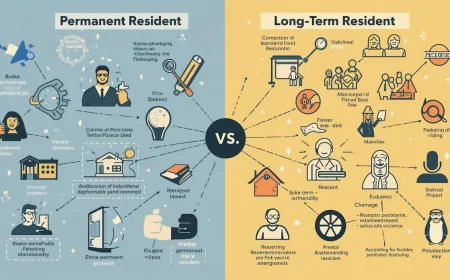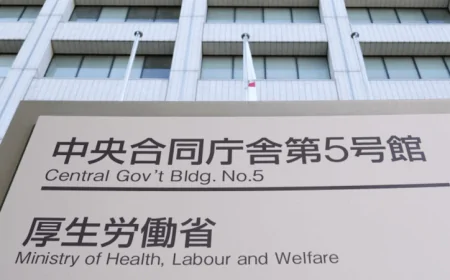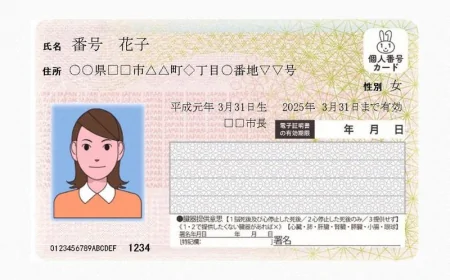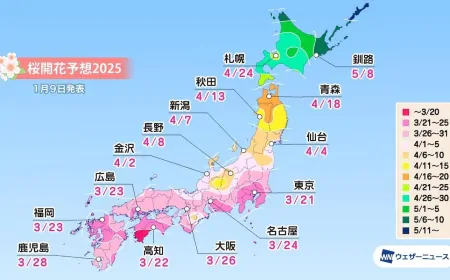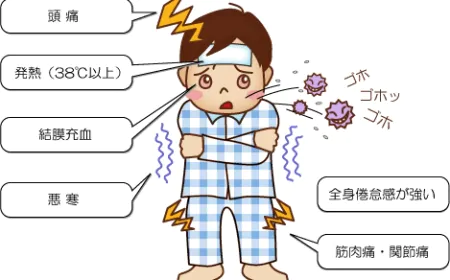Annual Income and Salary System in Japan
When it comes to financial planning, understanding your annual income is crucial. It not only affects your day-to-day expenses but also plays a significant role in various financial decisions such as renting contracts and loan applications.

In Japan, the salary system encompasses different components including annual income, take-home pay, and total benefits. Let's delve into the intricacies of salary and explore the significance of annual income, along with actions to enhance it.
1. What is Annual Income?
Annual income refers to the total amount of money an employee receives over the course of a year. This includes not only the monthly salary but also bonuses and allowances. However, the total annual income and the amount you actually take home differ. Even if your annual income is 10 million yen, it doesn't mean you can spend 10 million yen each year. This is because various deductions such as social insurance premiums, labor insurance premiums, income tax, and residence tax are subtracted from the total salary. The amount you actually receive is called "take-home pay," while the total amount paid before deductions is often referred to as annual income.
Annual income also serves as an indicator used by banks to assess an individual's financial responsibility when applying for loans. It's crucial to be aware of your annual income.
2. Social Insurance and Labor Insurance
The total amount paid is the actual amount the employer has paid for labor. It includes not only the basic salary but also various allowances such as skill allowances, position allowances, professional qualifications allowances, overtime allowances, etc. Although there may be variations depending on the company and region, take-home pay is typically considered as the amount deducted around 20% from the total salary. What is deducted from your annual income can be categorized into four types: social insurance premiums, labor insurance premiums, income tax, and residence tax.
- Social Insurance: It includes health insurance premiums, employee pension insurance premiums, employment insurance premiums, and nursing care insurance premiums. The insurance amount varies depending on the insurance organization each company belongs to or the prefecture. In simple terms, health insurance provides necessary insurance benefits in case of illness or injury.
- Labor Insurance: The purpose of labor insurance is to compensate for income for employees facing difficulties in finding employment or provide benefits during childcare/nursing leave or unemployment. Labor insurance can be divided into two types: work-related accident compensation insurance and employment insurance.
3. Income Tax and Residence Tax
Income tax we have to pay is calculated based on our annual income. Tax is usually paid by individuals. This is called the "normal collection." However, tax procedures are complex and time-consuming. Therefore, for company employees, the employer pays taxes on behalf of the employee. This is called "special collection."
Income tax is a type of tax imposed on an individual's annual income. The income tax is progressive, meaning the tax rate increases as income increases. For employees, the expected amount of salary earned in a year is determined at a certain level. The employer deducts this amount from the employee's salary each month depending on the estimated amount, then processes all tax filing procedures at once. This is called tax withholding.
Residence tax paid to the local government where we live is called residence tax. Residence tax varies depending on the area you live in, so you should check. For new employees in the first year, since there is no annual income from the previous year, residence tax will not be deducted. Please note that residence tax will be deducted from the previous year's annual income starting from the second year of work.
4. National Average Annual Income
The Japanese economy is one of the most advanced in the world. Japan's GDP (Gross Domestic Product) ranks third globally. Moreover, it's widely known that Japan has the lowest unemployment rate in the world. If you want to gauge your standard of living in Japan, it's advisable to compare it with the national average annual income.
-------------------
Injavi.com - Visit Japan | Visit in Japan
Guide to living, studying and working in Japan
記事に関連する商品











